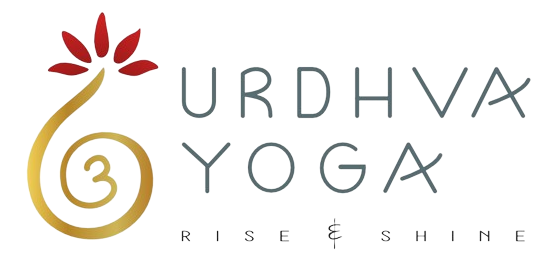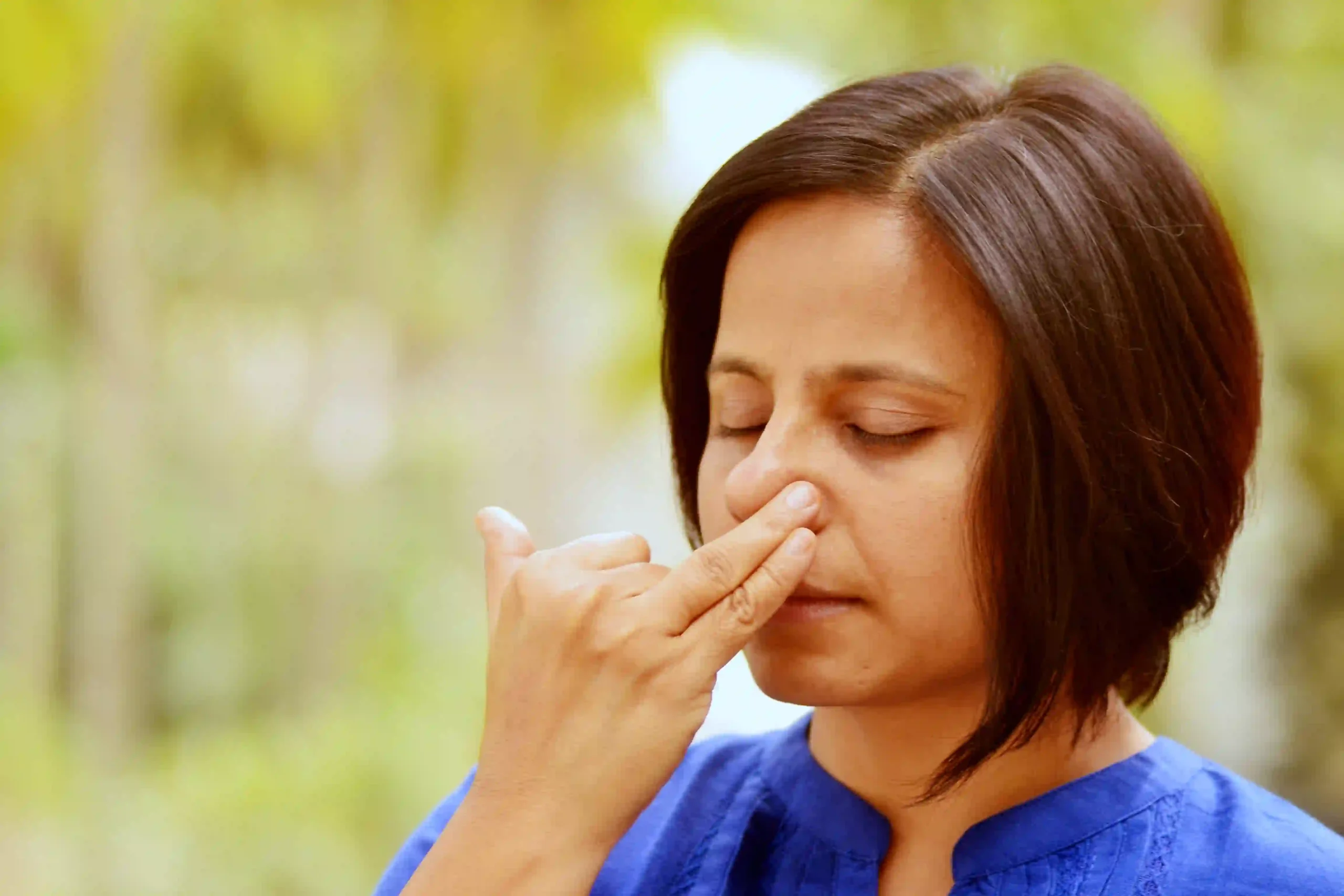
The primary condition for human happiness is having a good physical health. A sound body serves as an asset and enables us to function efficiently in our daily lives. Yogasanas then are the very foundation of practical Yoga.
How do we lose the balance?
The balance of our health is defined in Ayurveda text Sushruta Samhita as the balanced functioning of doshas, agni (metabolic fire), dhatu (tissues), mala (waste removal), pleasant state of the senses and mind that is established in the Self.
Our physical health suffers due to neglect, lack of awareness of our habits and their consequent effect on our health, lack of exercise and movement, poor breathing, improper diet and lifestyle related habits; and overworked senses and the mind.
Our physical health suffers due to neglect, lack of awareness of our habits and their consequent effect on our health, lack of exercise and movement, poor breathing, improper diet and lifestyle related habits; and overworked senses and the mind.
Finding the way back to balance
To restore balance, a good way would be to begin with the body and adjust our lifestyle in a gradual way.
The practices of Yoga work holistically; asanas aim to attain steadiness of postures and in the process the positive consequences are balance of tridoshas – vata,pitta, kapha, well-functioning internal organs and systems, lightness and energy to perform work.
When the mind and body are not functioning in harmony, there is division between the physical and the mental rhythms, which inevitably leads to sickness.
The practices of Yoga work holistically; asanas aim to attain steadiness of postures and in the process the positive consequences are balance of tridoshas – vata,pitta, kapha, well-functioning internal organs and systems, lightness and energy to perform work.
When the mind and body are not functioning in harmony, there is division between the physical and the mental rhythms, which inevitably leads to sickness.
A Holistic Practice
A complete practice of Yoga aims to remove toxins and accumulated waste from the body, establish good health, steadiness and stability of the posture and remain effortlessly undisturbed by the ups and downs of our daily lives. This is achieved through the practices of:
- Shat Kriyas – six purificatory practices for removal of waste matter from the body
- Joints and Glands exercises – remove stiffness and regulate movement
- Asanas – Spinal movements of forward, backward, lateral, and twists energise the nervous system that houses the two prime nadis – Ida (lunar) Pingala (solar); the internal organs are massaged and healed in the process
- Relaxation: Yogic relaxation in Shavasana, is the practice of Pratyahara – withdrawing our mind from its engagement with senses and its objects; the tissues are deeply relaxed and mind is rejuvenated
- Pranayama: Breath is life. Prana is the vitality of life expressed through the various centres of the body. Through proper diaphragmatic breathing, inhalation and exhalation removes toxins and improves oxygen content in the blood and cells. Pranayama is indispensable for our busy minds as the breath practice helps to calm the mental restlessness.
The practice of yogasana does not involve forcing, fatigue, exhaustion, sloth; instead, it offers a balanced activation and relaxation through movement, holding, releasing and relaxing in awareness which enhances rest, repair, blood circulation, improves digestive fire and removes waste matter.
When the practice is done with right intention and attention, systematically and regularly for a sustained period grants the boon of swasthaya.
When the practice is done with right intention and attention, systematically and regularly for a sustained period grants the boon of swasthaya.












